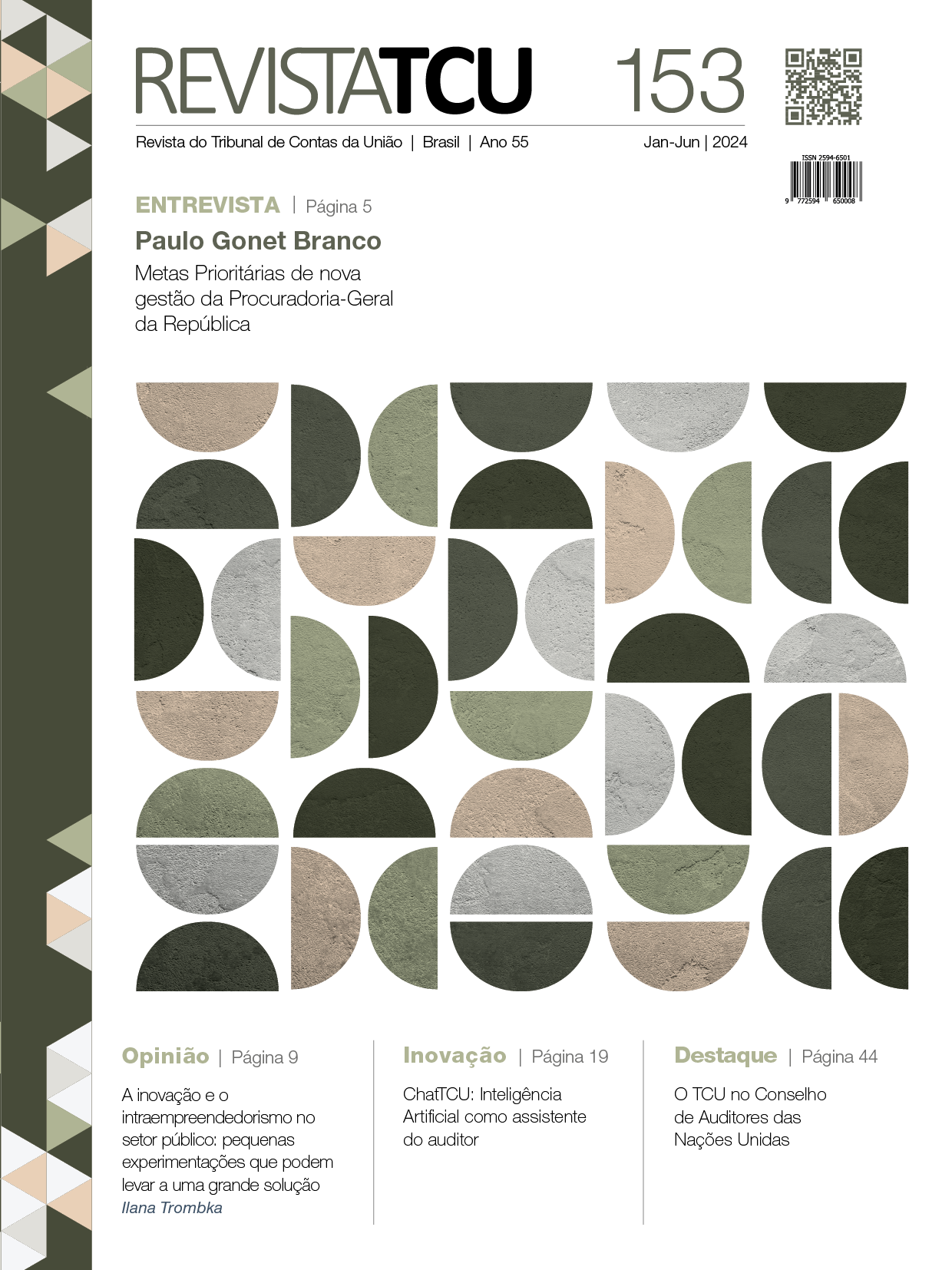Reequilíbrio econômico-financeiro de obras públicas e a correlação da onerosidade excessiva com o lucro da empresa

Resumo
Este artigo tem como objetivo analisar uma das principais premissas do reequilíbrio econômicofinanceiro em contratos de obras públicas e da teoria da imprevisão: a caracterização da onerosidade excessiva e a sua correlação com o lucro da empresa – tema que passou a ser o protagonista, desde 2020, com a pandemia da covid-19, e depois, com a Guerra na Ucrânia, entre os que atuam no setor da construção civil. Trata-se de pesquisa exploratória, de natureza qualitativa, realizada por meio de métodos bibliográfico e documental, em que são analisados aspectos do reequilíbrio econômico-financeiro em sentido estrito, tomando-se por base a legislação federal, a jurisprudência do Tribunal de Contas da União (TCU) existente sobre o assunto e uma amostra de regulamentos e normativos infralegais sobre o tema, publicados por órgãos da administração pública dos três níveis da federação. Do estudo foram obtidas as seguintes conclusões: é necessária a comprovação da onerosidade excessiva, sendo esta pré-requisito para concessão do reequilíbrio econômico-financeiro; o lucro é o principal balizador empregado para caracterizar a onerosidade excessiva; a maioria das metodologias pesquisadas fazem incidir o percentual de lucro previsto no BDI sobre os valores referentes ao reequilíbrio e a não incidência deste pode modificar o percentual do BDI contratado, o que contraria o previsto sobre o assunto na Constituição Federal (CF/88).
Palavras-chave: reequilíbrio econômico-financeiro; obras públicas; teoria da imprevisão; onerosidade excessiva; contrato administrativo.
Biografia do Autor
Gustavo Ferreira Olkowski
Auditor do TCU, graduado em Engenharia Civil pela Universidade Mackenzie e MBA em Gestão de
Projetos pela Universidade Anhanguera. Especialista em Auditoria e Controle Governamental pelo Instituto
Serzedello Corrêa e instrutor de cursos sobre obras públicas, com livro publicado sobre a matéria.